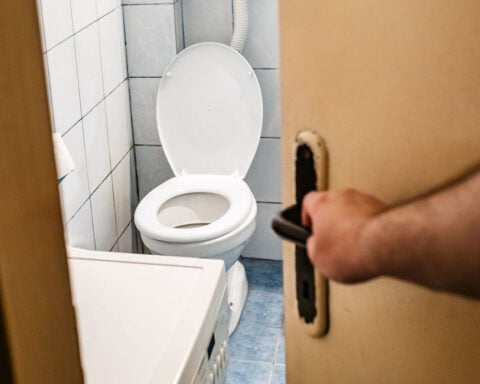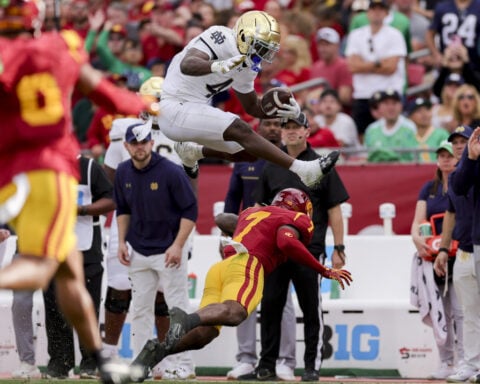While many turn to greasy foods and pain relievers to combat hangovers, medical experts suggest that certain forms of exercise could help alleviate post-drinking discomfort when approached with proper precautions. However, they emphasize that the type and intensity of physical activity matter significantly.
"There are very few settings where exercise is not beneficial," said Dr. Andy Peterson, a team physician at the University of Iowa, describing exercise as "the closest thing we have to a miracle drug in medicine." This benefit extends to hangovers, though Peterson notes important limitations.
Medical professionals explain that alcohol consumption triggers multiple physiological responses that can impact exercise performance. Dr. Shaan Khurshid, a cardiologist at Massachusetts General Hospital, notes that drinking leads to dehydration, sleep disruptions, digestive issues, and potential anxiety spikes.
The body experiences what Khurshid calls a "compensatory kind of adrenaline surge" as alcohol's relaxant effects diminish. This can result in elevated heart rates and increased anxiety the following day, potentially making regular workout routines more challenging than usual. Those prone to heart arrhythmias should avoid intense exercise the morning after drinking, according to Peterson.
Research specifically examining the relationship between exercise and hangovers remains limited. Most existing studies focus on how hangovers affect athletic performance rather than exercise's impact on hangover recovery. One study of hikers in Greece revealed that hungover participants experienced greater exhaustion during a 10-mile walk compared to their non-hungover counterparts.
Medical experts advise that individuals should focus on rehydration before attempting any physical activity while hungover. Khurshid recommends consuming both water and a salty snack or breakfast to restore electrolyte balance before exercising.
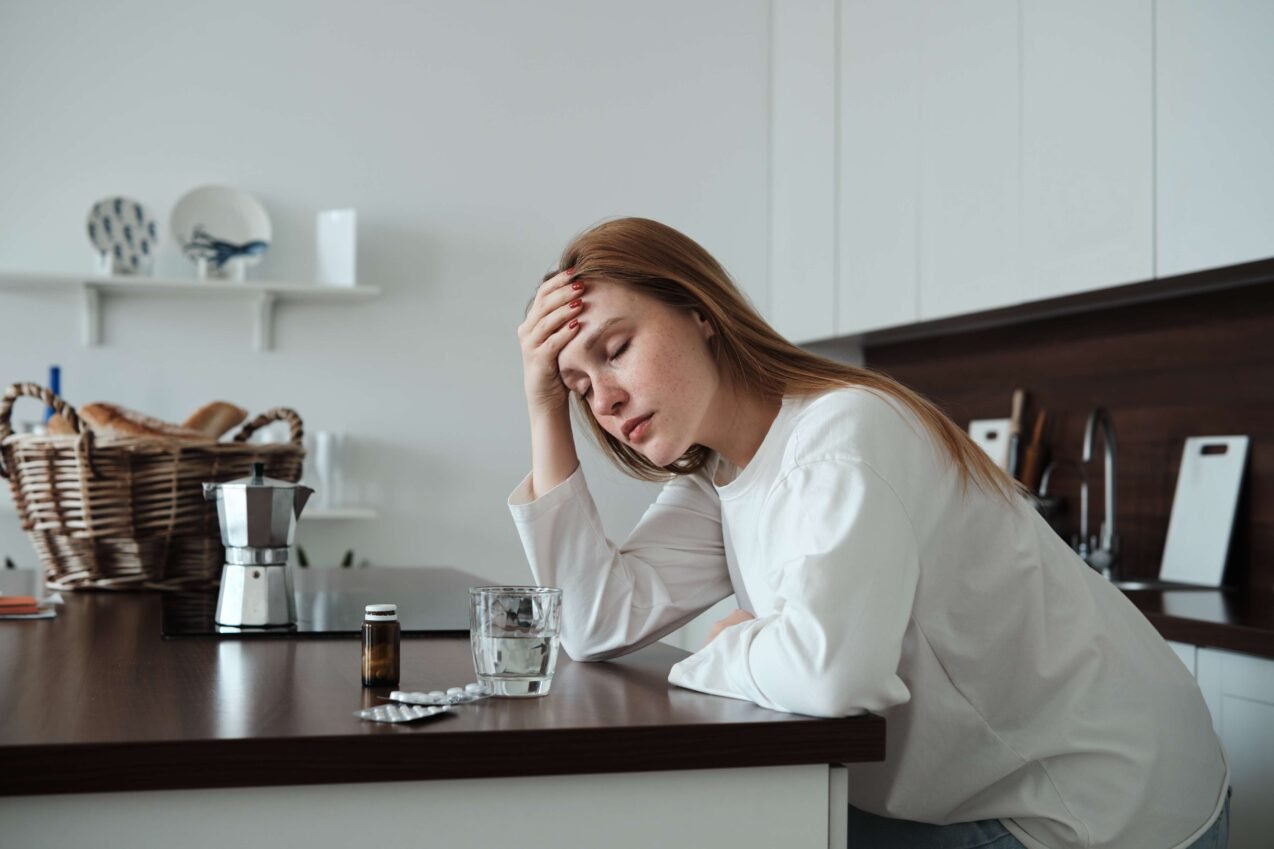
Peterson warns against activities requiring complex motor skills, such as boxing or rock climbing, as hangover symptoms can impair coordination and cognitive function, increasing injury risk. Instead, he recommends low-intensity exercises like walking, gentle jogging, swimming at an easy pace, or riding a stationary bicycle.
The effectiveness of exercise as a hangover remedy may depend on an individual's regular fitness routine. Khurshid says that those who do not exercise regularly might not experience significant benefits from a one-time workout while hungover, as the physical stress might be too demanding when feeling unwell.
For those who choose to exercise while hungover, experts recommend paying close attention to their body's signals. "If you start your workout and you feel terrible, but you do not feel any worse as you go on, you are doing the right thing," Peterson said.
Experts emphasize that proper hydration remains crucial, as alcohol's diuretic effects can lead to increased fluid loss through frequent urination. Additionally, alcohol can slow digestion and irritate the stomach lining, potentially causing gastrointestinal issues that could affect exercise performance.
Any perceived benefits from exercising while hungover likely stem from the natural endorphin release associated with physical activity rather than any specific hangover-cure properties. However, medical professionals suggest this natural response could still provide some relief from hangover symptoms.

 Starbucks workers expand strike in US cities including New York
Starbucks workers expand strike in US cities including New York
 Isolated Chicago communities secure money for a coveted transit project before Trump takes office
Isolated Chicago communities secure money for a coveted transit project before Trump takes office
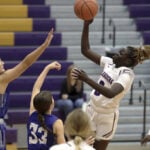 Caitlin Clark effect hasn't reversed the decades-long decline in girls basketball participation
Caitlin Clark effect hasn't reversed the decades-long decline in girls basketball participation
 China says US is 'playing with fire' after latest military aid for Taiwan
China says US is 'playing with fire' after latest military aid for Taiwan
 Winter is hitting Gaza and many Palestinians have little protection from the cold
Winter is hitting Gaza and many Palestinians have little protection from the cold
 China calls Taiwan a 'red line', criticises new US military aid to island
China calls Taiwan a 'red line', criticises new US military aid to island
 Trump says he might demand Panama hand over canal
Trump says he might demand Panama hand over canal
 Howard throws 2 TD passes to Smith to help Ohio State rout Tennessee 42-17 in CFP
Howard throws 2 TD passes to Smith to help Ohio State rout Tennessee 42-17 in CFP
 JuJu Watkins and No. 7 USC hold off Paige Bueckers and fourth-ranked UConn 72-70
JuJu Watkins and No. 7 USC hold off Paige Bueckers and fourth-ranked UConn 72-70
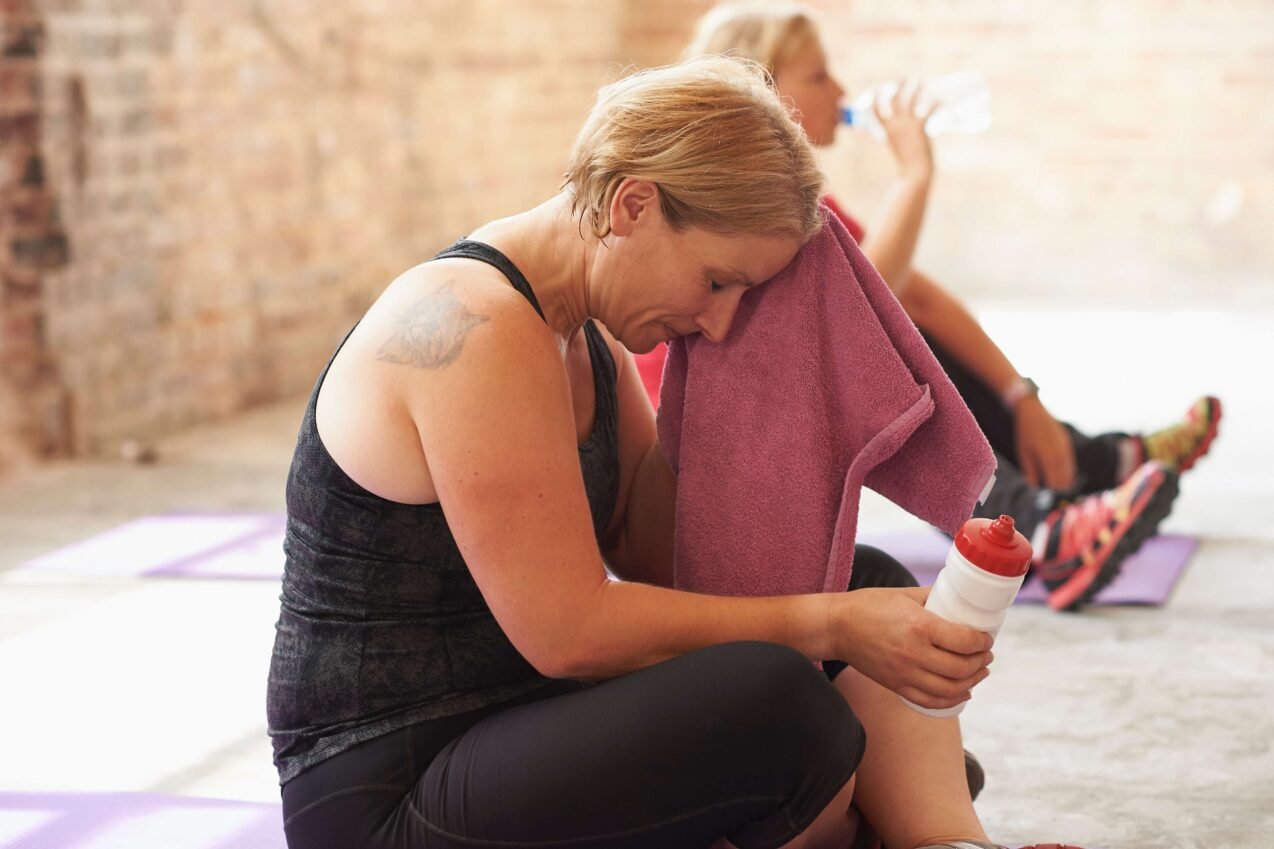 Discover how exercise for hangovers might help alleviate post-drinking discomfort. Medical experts weigh in on safe workout options.
Discover how exercise for hangovers might help alleviate post-drinking discomfort. Medical experts weigh in on safe workout options.

